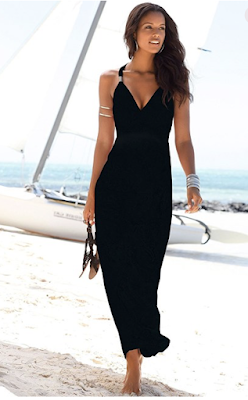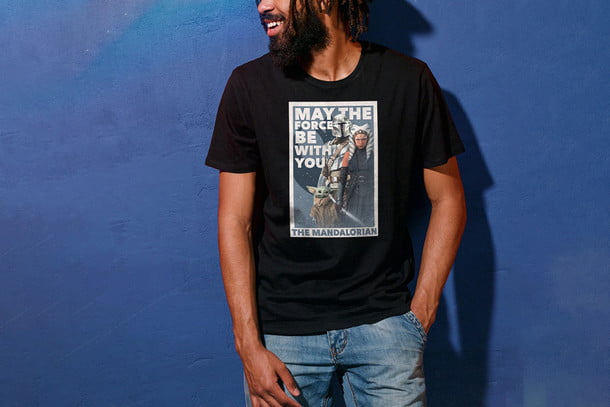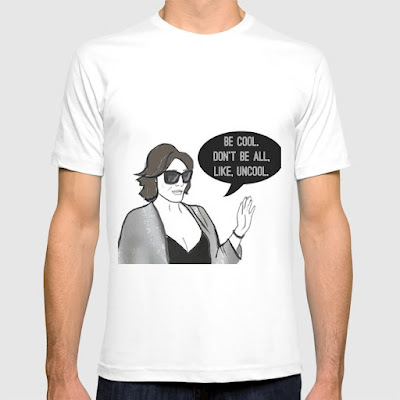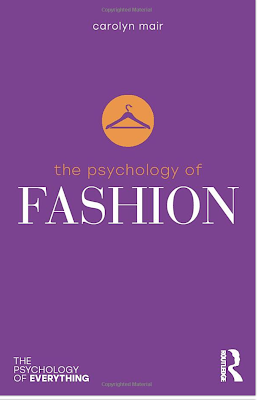Clothes and Personality
Wearing clothes that fit just right and finding a piece that fits our personality perfectly helps us feel more confident, and it lets others know a little about who we are and what we enjoy. 🤩✨
That’s the main reason Statement T-shirts never go out of style.

According to a study published in Social Psychological and Personality Science and printed in Readers Digest: "The "power tie" is real. Researchers had certain people wear formal business attire and complete a series of five experiments that challenged their cognitive processing abilities. Those dressed up felt significantly more powerful and in control of the situation than their under-dressed peers."
In addition to feeling more powerful, the study also found that subjects dressed in formal business clothing could think faster on their feet and had more creative ideas. The scientists speculated that how you dress can change your perception of the objects, people, and events around you—sparking fresh ideas and a new point of view.
It's a phenomenon psychologists call "enclothed cognition" — the idea that our clothing choices can impact our mood, self-image, and even our performance. Sydney-based image consultant Louise Bernardi sees this every day in her work to help people find their authentic style and express themselves through dress.
"Clothing has a powerful effect on our feelings," she says. "When we look good, we feel good. When we feel good, we gain confidence. Confidence unleashes our inner strength and abilities. I believe the most important thing when getting dressed is choosing clothes that make us feel great."
🚨Buttttttttttt...... make sure when you're trying on those outfits, it's dressing up your higher, most confident self and not the imitation of someone else.🚨
Wearing "knockoffs" to imitate others can change our behavior.
According to a Harvard study published in Psychological Science, wearing knockoffs may have a sneaky side effect. Researchers gave people fancy new sunglasses, telling half of a group they were designers while the other half was told they were counterfeit. Those wearing the knockoffs were more likely to cheat during a subsequent game and expressed more suspicion of other players. Wearing fake clothing, it turns out, may make you feel like a fake—and may make you assume others are also fake.
Fashion is often dismissed as made for runways and models, but there is something deeper to the connection between how we dress, act, and feel. Our clothes are a second skin and tell the world a little about us.
In her book,
“When we are choosing which item to wear, what our clothes look like is barely scratching the surface. It’s more complex than it appears to be. And one of the reasons is that human beings are different. There really isn’t a one size fits all.”
What does your outfit say about you?






No comments: